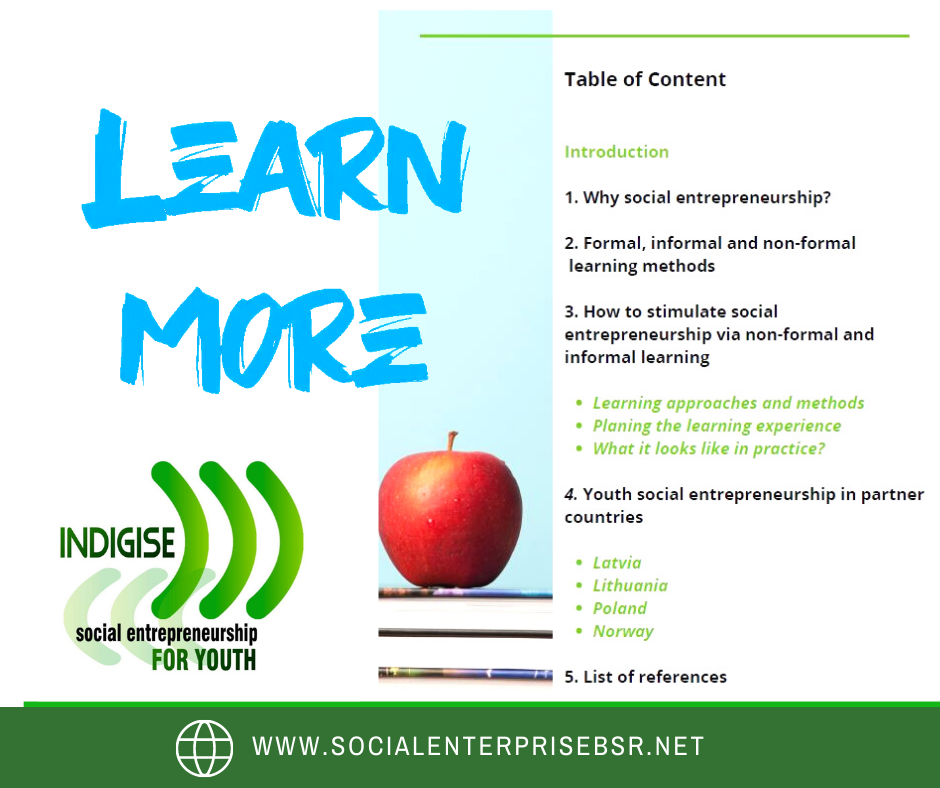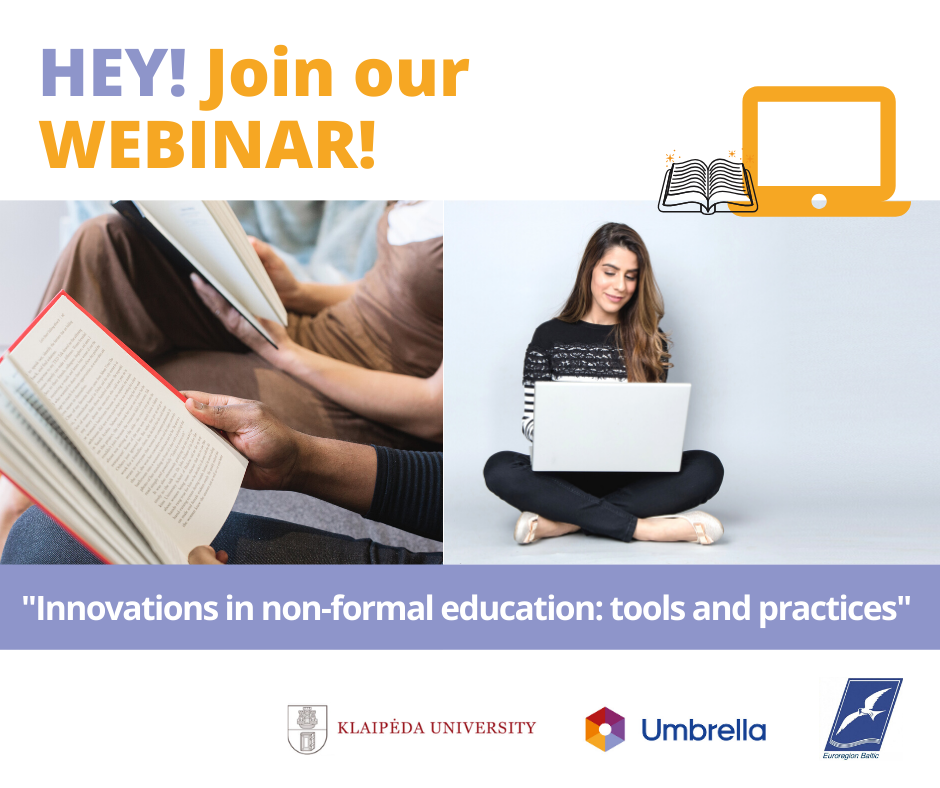Although young people constitute a substantial part of citizens worldwide, they are not fully recognised in policies and strategies, as a separate group of interest. They play a crucial role in societal and economic development and are often referred to as „agents of change“. Simultaneously, the unemployment of youth is one of the greatest global challenges.
Social entrepreneurship is a way to address this problem, contributing to sustainable and inclusive job creation.
Existing forms of youth engagement in economic activities are not sufficient and often not adequate for the targeted audience. Entrepreneurship education has very formal frames and structures, and it is rarely fostering an entrepreneurial mindset and attitudes among youngsters. There is an agreement, however, on the strong impact of youth work in entrepreneurship and culture. It develops transversal skills, gives an opportunity to exercise skills in practice and increases cultural activities which influence young people’s creativity.
Youth work and non-formal, as well as informal learning, play an important role in developing young
people’s creative and innovative potential, including entrepreneurial skills underlined in recent youth
policy and programmes at the EU and national levels. This brings us to the question of ”How to engage young people in this process successfully?”. The youth workers play a crucial role in the educational processes by introducing different initiatives (like youth cooperative activities) to the youth and providing information and advice on how to make a decision and provide the risk assessment,
be creative and understand the market’s reality. But furthermost they help to develop social skills:
establishing relations, leadership skills, conflict management and others.
- The first chapter of the guide introduces social entrepreneurship and its importance for developing the skills and competencies of youth.
- The second one presents the forms of learning methods: formal, informal and non-formal, their characteristics, advantages and disadvantages.
- The next chapter reflects on the qualitative research carried out by the project partners and presents points of view of experts invited to participate, aiming at explaining the ways in which the social entrepreneurship of youth can be stimulated.
- The fourth, last chapter describes the situation in the partner countries, as for approaches towards social entrepreneurship and interesting initiatives that are undertaken.
The guide “How to stimulate social entrepreneurship via nonformal and informal learning methods“ is being developed to assist youth workers (teachers, youth leaders, etc.). It identifies methods, techniques, and strategies for working with youth and promotes a holistic approach to young people’s entrepreneurial attitudes.
Download the document here: Guidelines “How to stimulate social entrepreneurship via non-formal and informal learning methods.”_compressed_compressed-skompresowany



